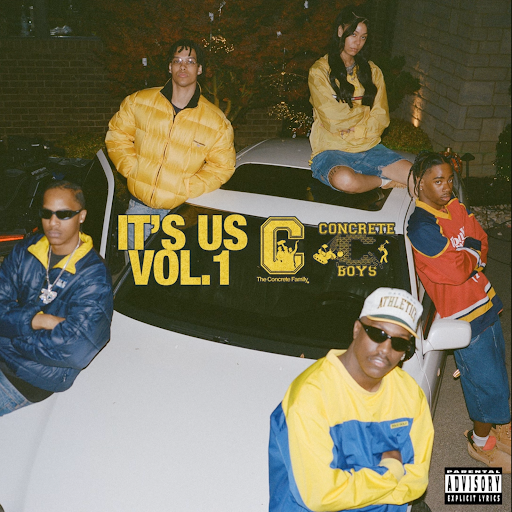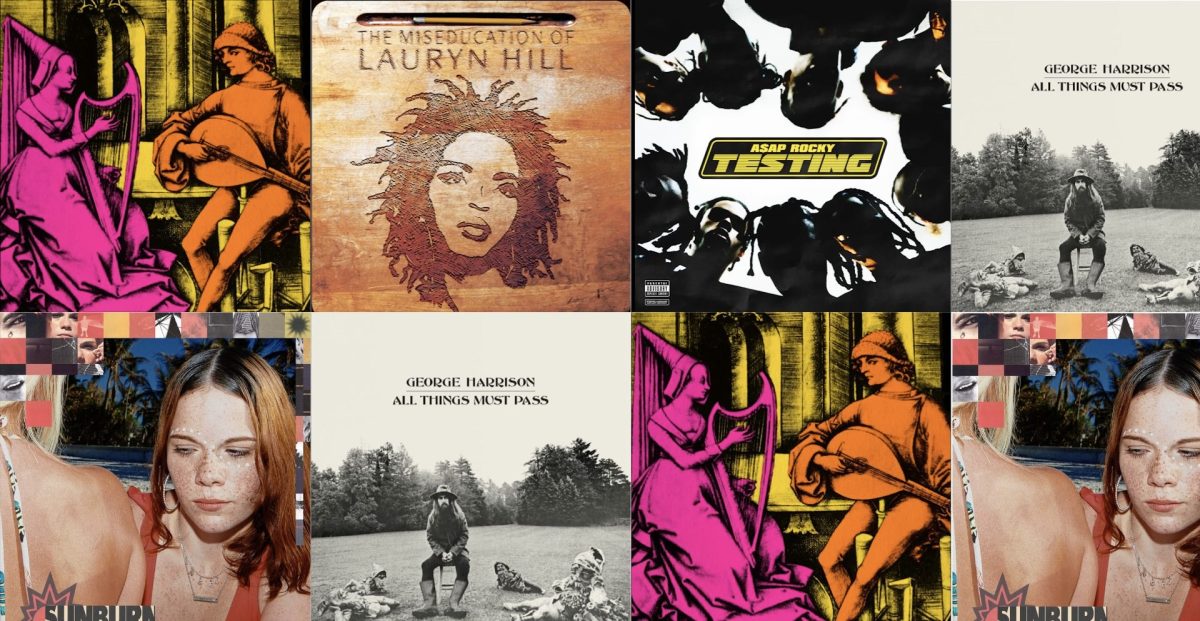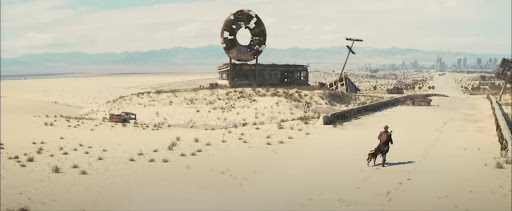“Making of a Gangsta,” a crowdfunded documentary featuring experts on gangs and former gang members in the Bay Area explaining why they joined gangs, was presented in the D’Angelo Center by the Latin American Student Organization (LASO) following the BBQ on Thursday, April 20. After the screening, the filmmaker, Adam Ybarra, had an open discussion on the purpose of the documentary and the future of his project, with comments and questions from audience members.
“Making of a Gangsta” the documentary and the screening has a deeply personal feel because it is; it was directed by Adam Ybarra, the father of Chantel Ybarra, the secretary of LASO. The documentary has an even deeper personal connection to Ybarra because he interviewed people he knows, including his sister.
The documentary features four former gang members (Jacob Dominguez, Ralph Muniz, Maria Perez and Selena Rodriguez) or as the documentary labeled them “former gangstas,” the mother of a former gang member (Rebecca Sosa), a psychiatrist (Dr. Paul Guillroy Ph.D), a gang expert (William “Blinky” Rodriguez), the superintendent of the City of San Jose (Mario Maciel) and three high school students in a “gang neighborhood.” Each person gives a different perspective on the issue, but they all form similar opinions or rather main ideas towards the end of the documentary.
Beside the interviews, the documentary features clips of cityscapes and graffiti with a yellow or sepia-esque tint as well as newsreels from ABC, which at times is crude in style. This gives the documentary a nostalgic feel that may present a problem. The documentary feels dated and past-centric given that every notable interview about the gang experience is from a former gang member. Ybarra does note this in my interview with him, “I was declined a lot because people are afraid to be known as a gangster,” he said. While it may be hard to interview gang members past or present, this documentary focuses a lot on the past. The only moments that discuss the future of gangs comes from a couple of short moments with the three high schoolers, who discuss how they are stereotyped as being potential-less or already gang members, despite neither being true.
The most impactful of the interviews comes from Maciel and Dominguez, as they both eventually break down in tears. Maciel explains how students in his area have “early trauma” and are constantly told to “take advantage of the American dream,” while never being given the chance to, and Dominguez gets very emotional as he explains he “wanted to feel loved.”
These powerful moments work towards what Ybarra tries to achieve with this documentary.
“That to me is the message, people when they oftentimes think of gangsters their perspective may be built upon movies, social media, but the folks we interviewed in the documentary were just regular people,” Ybarra said.
And this message comes across for most of the attendees. Sophomore Computer Science major, Kayla Williams expressed leaving with this very message, “I think it’s important that we allow each individual that we stereotype to tell their story, to show who they are.”
She also said, “The message is very clear.”
Beyond that message Ybarra pushed that “as an educator” he wanted “to target this particular area to spark something” in others, so that they can “give their best to gangsters.” He urges St. John’s students to move towards the future and be understanding.
President of LASO and junior Education major, Esteban Acosta echoed this very feeling, “As a future educator, I think it’s important to show everyone respect and benevolence.”















Jesuangel Santoyo Guzman • Oct 30, 2018 at 12:29 am
This movie looks so interesting. How can I watch it?
Linda • Oct 28, 2017 at 6:09 pm
I think it’s awesome that this documentary is being show I pray that all people will go see and learn because there is a lesson to be learned. This kids weren’t born with the attitudes that their parents said o for your life your going to grow up as a gang member or a drug addict. And yes we do make Life’s choices but who are we to judge this kids young women young men are. O different then the person standing next to you. They just need that someone who can say yes you can make a difference and succeed and show them how and walk them through to get where they need and should be so yes I pray that GOD will touch everyone that sets eyes on this movie to take a stand and help where it is needed because killing is not the answer jail is not the answer what does it teach any of us.